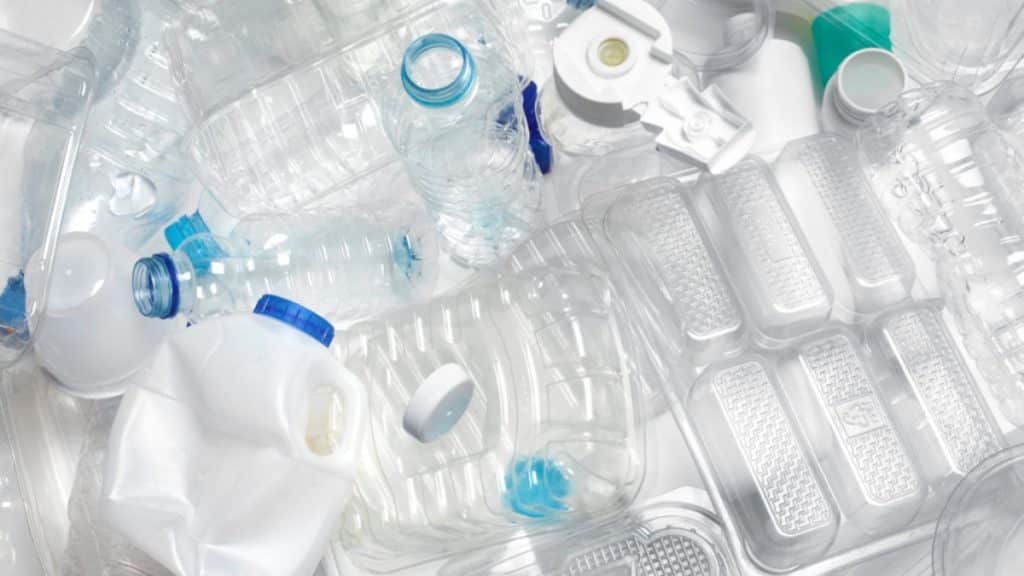Modern manufacturing depends on solvents and dissolvers. Polymers and plastic materials commonly used in the automobile industry and household products use these chemicals. To get to know them better, please check our solvents page. Understanding the role of solvents helps to demystify the chemistry of everyday substances.
How Do They Contribute to Polymerization
Solvents- What Are They?
These are solvents or dissolvers, which are substances, mostly liquids, that dissolve other things without changing the chemical state of the substance being dissolved. This is why they are important for various industrial applications, including cleaning, dissolving, and extraction. These solutions help in plastics and polymers manufacturing and processing refining.
Polymer Production
Polymerization is the main stage in polymer production. It is a process whereby small molecules known as monomers combine to form long chains, thereby creating polymers. The following reasons make solvents indispensable:
Solution Method: In solution polymerization, monomers and catalysts dissolve into a solvent. This helps to manage the reaction better leading to highly consistent polymers. By means of an inert solvent, it is easy to distribute monomers and catalysts uniformly so that all reactants possess equal access.
Dispersion Method: A solvent’s function in dispersion polymerization is facilitated by its holding of polymeric particles. Often, such fine polymer particles turn into different forms of plastic.
Solvent Reuse: After the polymerization process has been completed, the final product should be collected enough for solvents to be used again, making this process greener and cheaper while eliminating waste and the environmental load associated with it.
Making and Shaping Plastics
After polymers form, solvents keep helping turn these materials into usable plastic products.
- Making Flexible: Solvents act as plasticizers, which are additives that make polymers more flexible and durable. Plasticizers make materials like PVC easier to work with by weakening the forces between polymer chains.
- Coatings and Films: When making plastic films and coatings, solvents help dissolve the polymer so it spreads evenly on a surface. The solvent then evaporates, leaving a thin, even layer of polymer.
- Glues and Sealants: Solvents also help make adhesives and sealants. They dissolve the polymer parts, creating a solution that’s easy to apply and will stick materials together as the solvent dries up.
Benefits of Using Solvents in Production
Solvents are crucial in many industrial processes. Using them offers several advantages in polymer and plastic production.
- Better Control: Solvents allow more control over polymerization, resulting in consistent properties and better-performance polymers.
- Flexibility: They enable different production methods and formulas, from thin films to hard plastics, creating many polymer products.
- Efficiency: Solvents can be recovered and reused, reducing waste and production costs.
- Quality: Using solvents ensures polymers and plastics meet high standards with uniform and precise properties.
Environmental Concerns
While solvents offer many benefits in polymer and plastic production, their use also raises environmental issues. Volatile organic compounds (VOCs) released when solvents evaporate can cause air pollution and health risks. As a result, manufacturers are increasingly looking for greener options and practices.
- Green Production Methods: Researchers are developing solvent-free or low-solvent techniques to reduce VOC emissions and environmental impact in manufacturing processes.
- Eco-Friendly Alternatives: Plant-based solvents are becoming more popular as green substitutes for traditional options. These renewable materials break down naturally and are less toxic.
- Efficient Reuse Systems: Implementing solvent recycling processes helps cut waste and decreases the need to produce new solvents, making operations more sustainable.
Final Thoughts
They’re important to polymer and plastic manufacturing, helping with polymerization and enhancing the properties of finished products. This has made manufacturers continue using beneficial solvents while they protect the ecosystem. The manufacturers can, therefore, keep on using desirable solvents in a bid to conserve the environment. By recognizing the role played by dissolvers, companies can create better materials that have reduced environmental impacts, thus moving towards a cleaner world. For more information, visit our website to check our solvents.

